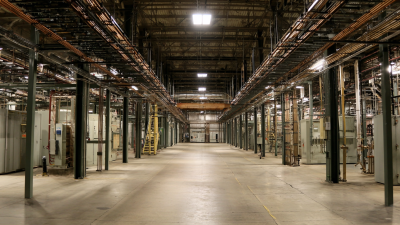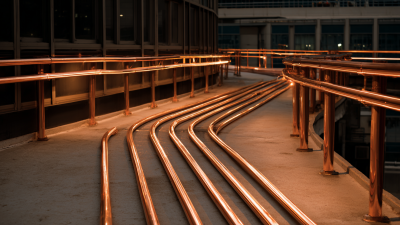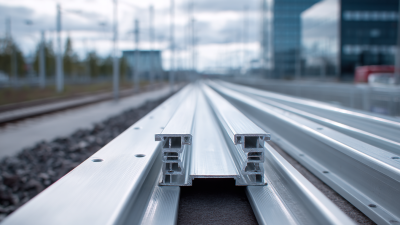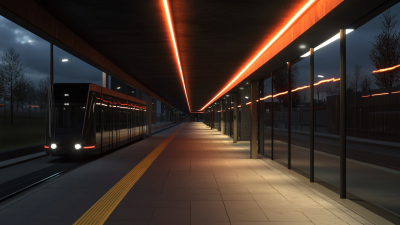Leave Your Message
-
Phone
-
E-mail
-
Whatsapp
-
Whatsapp


In modern electrical systems, the demand for efficiency and reliability is paramount, and the implementation of advanced technologies plays a crucial role in achieving these goals. One such innovation is the use of Copper Dense Busway, a system that has gained significant traction in various industries due to its ability to optimize power distribution. According to a recent report by the International Energy Agency (IEA), energy losses in electrical systems can be reduced by up to 40% through the adoption of superior conductive materials, with copper being a leading choice due to its excellent conductivity and durability. Additionally, the global market for busways, including Copper Dense Busway solutions, is projected to grow at a compound annual growth rate (CAGR) of 5.2% from 2021 to 2028, highlighting the increasing recognition of its advantages in enhancing system performance. As industries strive to meet evolving energy demands, understanding the benefits of Copper Dense Busway becomes essential for stakeholders looking to invest in modern electrical infrastructure.
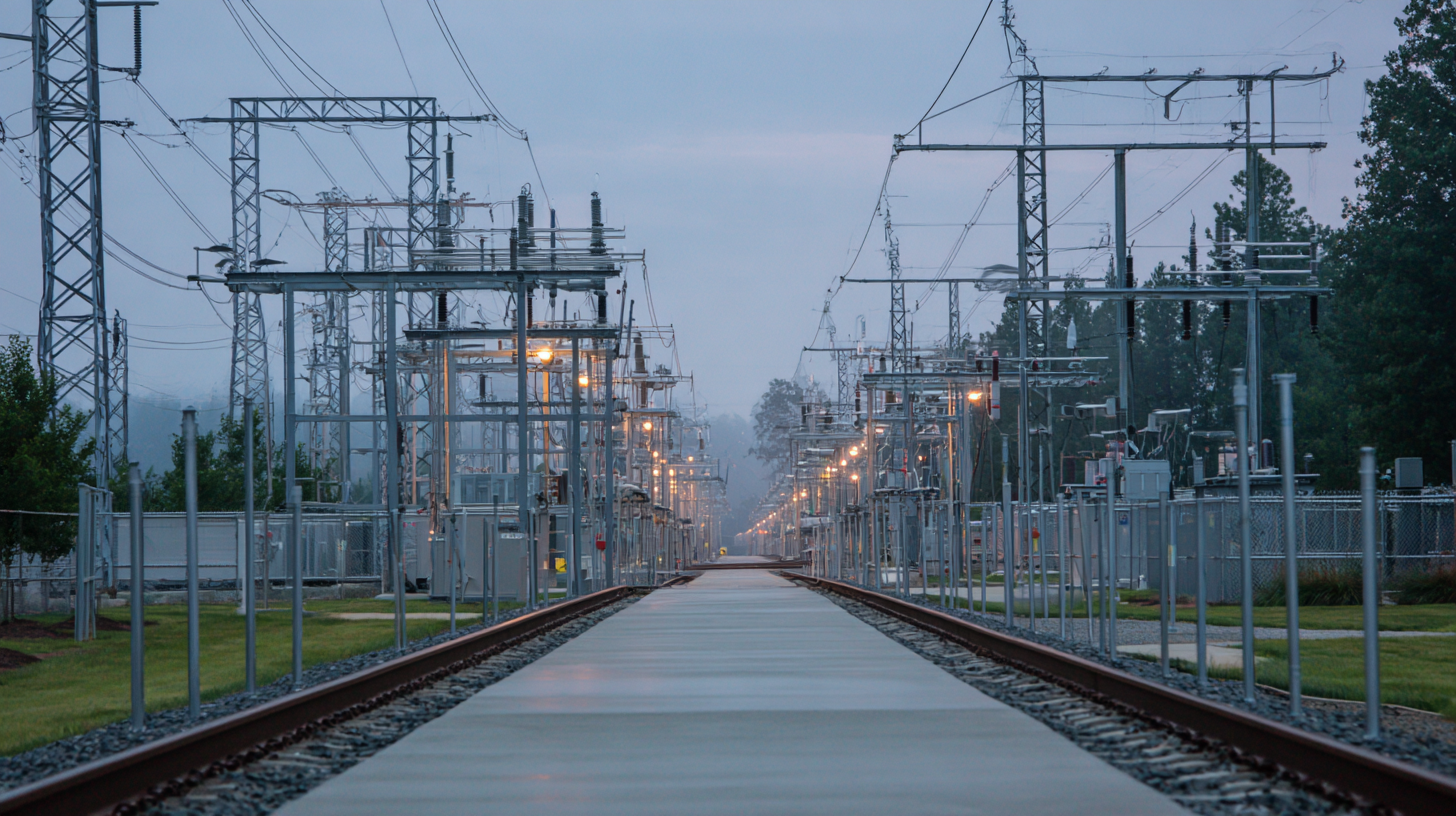
The rising popularity of copper dense busway in electrical infrastructure can be attributed to several key factors that enhance efficiency and reliability in modern systems. As the demand for compact and effective electrical solutions increases, copper dense busway presents an ideal alternative to traditional wiring methods. Its high conductivity allows for reduced power losses and improved performance, making it particularly suitable for environments that require high energy efficiency.
Furthermore, the modular design of copper dense busway systems offers significant advantages in terms of installation and scalability. This flexibility allows for easier upgrades and expansions, addressing the evolving needs of electrical networks as facilities grow or change. Industries are increasingly recognizing the long-term cost benefits associated with reduced maintenance needs and the enhanced safety features of copper busways, solidifying their position as a preferred choice in contemporary electrical infrastructure planning.
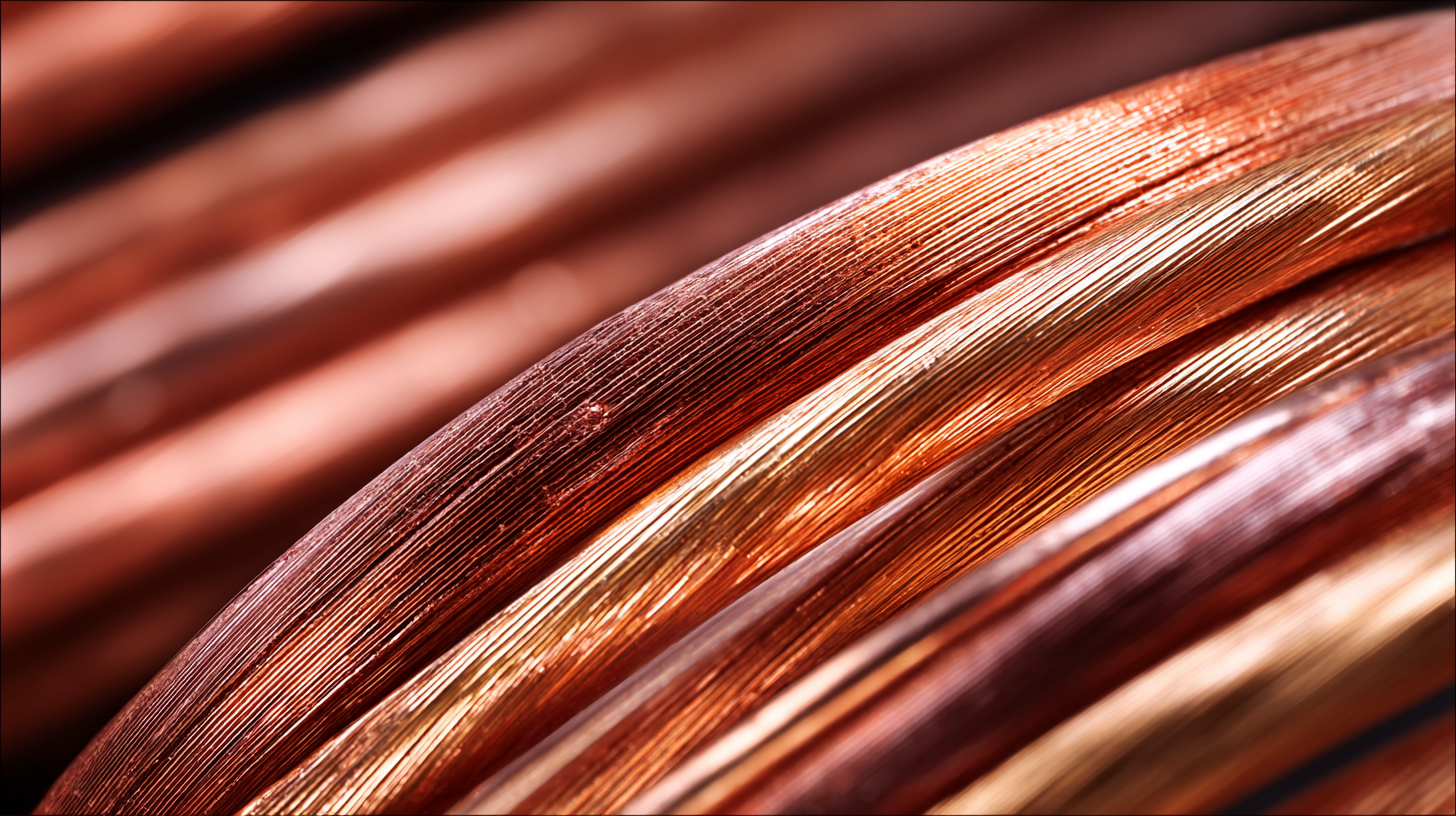
Copper dense busway systems are increasingly favored in modern electrical infrastructure due to their high conductivity and efficient heat dissipation. The key benefits of copper density in these busway systems include enhanced performance and reliability. Copper's superior electrical properties allow for minimized energy losses, ensuring that a greater portion of the energy consumed is effectively utilized. This leads to improved overall system efficiency, which is crucial in today's energy-conscious environment.
Another significant advantage of copper dense busways is their compact design. With a higher current-carrying capacity, these systems can be installed in smaller spaces without sacrificing performance. This makes them especially valuable in urban environments where space is often at a premium. Furthermore, the durability of copper enhances the lifespan of the busway, reducing the need for frequent replacements and maintenance. This combination of performance, compactness, and longevity positions copper dense busway systems as a leading choice for contemporary electrical applications.
| Feature | Description | Benefit |
|---|---|---|
| High Conductivity | Copper's superior conductivity reduces energy loss during transmission. | Increased efficiency and reduced operational costs. |
| Compact Design | Dense busway systems save space compared to traditional conduit systems. | Optimized space utilization in electrical installations. |
| Durability | Copper busways are resistant to corrosion and wear. | Longevity and reduced maintenance costs. |
| Heat Dissipation | Efficient thermal conductivity helps in heat management. | Enhanced performance and safety of electrical systems. |
| Installation Flexibility | Busway systems offer modular options for easy reconfiguration. | Ease of upgrades and adapt to changing operational needs. |
In modern electrical systems, the choice of materials for busways can significantly impact performance, reliability, and overall efficiency. When comparing copper to traditional busway materials like aluminum or steel, copper stands out due to its superior conductivity and thermal management capabilities. Copper's lower resistance allows for decreased energy losses, making it a favored choice in applications that require high performance and durability.
**Tip:** When selecting materials for busway systems, always consider the specific electrical demands of your application to ensure optimal efficiency and safety.
Another advantage of copper busways is their resilience against corrosion and mechanical stress. In environments where traditional materials may degrade or fatigue over time, copper busways maintain structural integrity and facilitate consistent power distribution. This longevity translates to reduced maintenance costs and extended service life.
**Tip:** Regularly assess the environmental conditions of your installation to determine if copper is the best option for long-term reliability and reduced operational issues.
The integration of copper dense busway systems in modern electrical grids significantly enhances efficiency and performance, particularly in the context of the ongoing power grid modernization efforts. As utilities manage diverse renewable energy sources and distributed energy resources (DERs) to meet rising electrification demands, the conductivity and durability of copper become paramount. Copper's low-resistance properties reduce energy losses during transmission, thus supporting the smart grid infrastructure that relies on real-time supply-demand matching and advanced energy management strategies.
Moreover, copper dense busway systems contribute to improved stability and power quality, which are essential for accommodating fluctuations from renewable sources such as solar and wind. In the face of extreme weather events that challenge grid resilience, the robustness of copper busways ensures reliable power distribution. As the electric power industry seeks innovative solutions for grid-scale storage and effective load management in electric vehicle charging infrastructure, the adoption of copper technology stands out as a critical element in achieving a sustainable and efficient electrical grid.
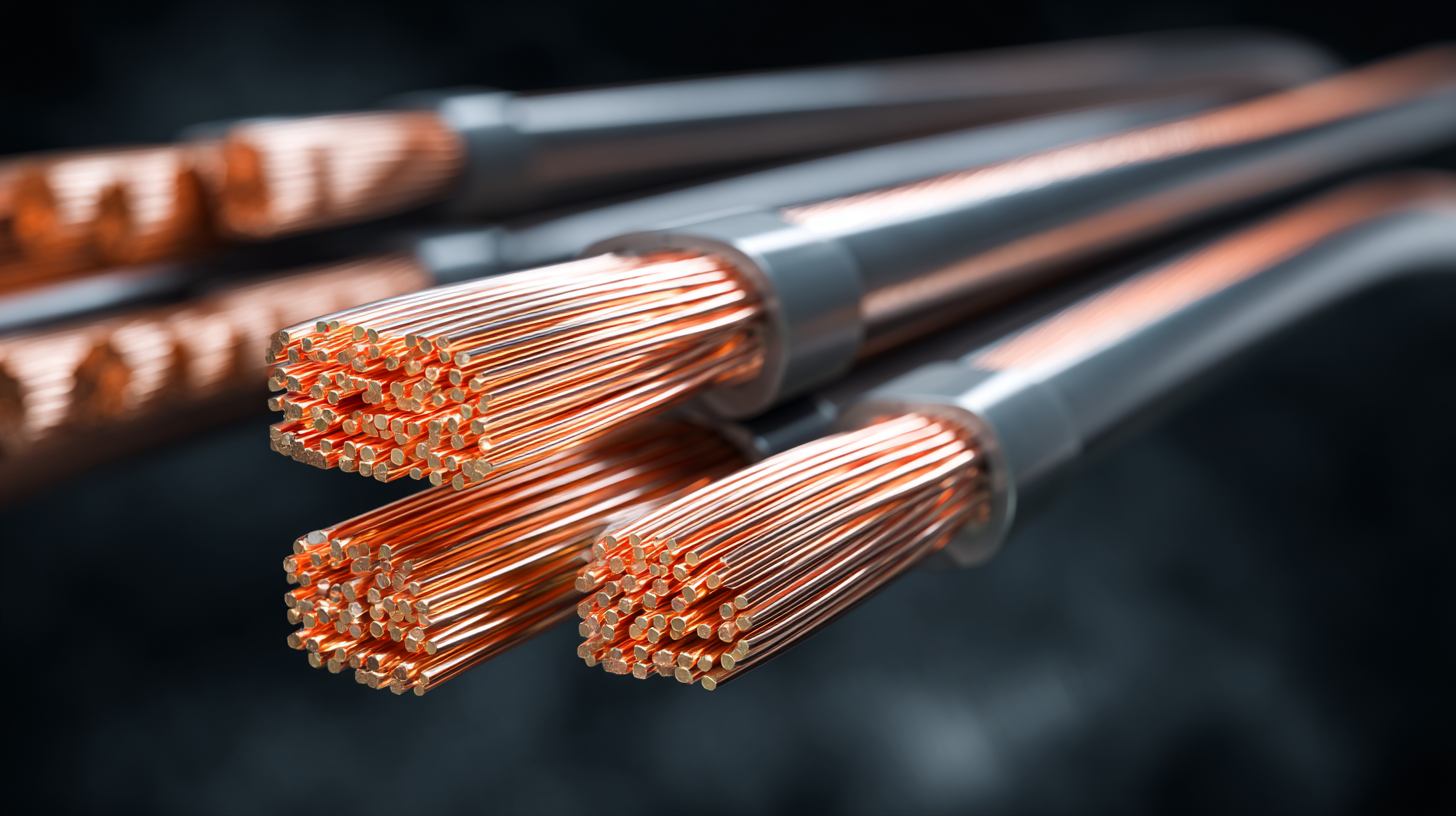
As the demand for efficient and compact electrical distribution systems grows, the technology behind
copper dense busway continues to evolve. Future trends indicate a shift towards
enhanced conductivity and thermal performance, driven by innovations in material science and engineering design.
Manufacturers are exploring advanced alloys and coatings that improve the inherent properties of copper, allowing for thinner profiles without sacrificing performance.
This not only reduces the physical footprint of installations but also facilitates easier integration into densely packed environments.
Another significant trend is the incorporation of
smart technology within copper dense busway systems. By integrating sensor technology, these systems can provide
real-time monitoring of electrical loads and thermal conditions, thereby enhancing reliability and safety.
This shift towards smart infrastructure aligns with the broader goals of energy efficiency and sustainability, ensuring that electrical systems meet contemporary demands while minimizing waste.
As these technologies advance, we can expect copper dense busways to play a pivotal role in the future of electrical engineering, providing
reliable and flexible solutions for modern applications.
